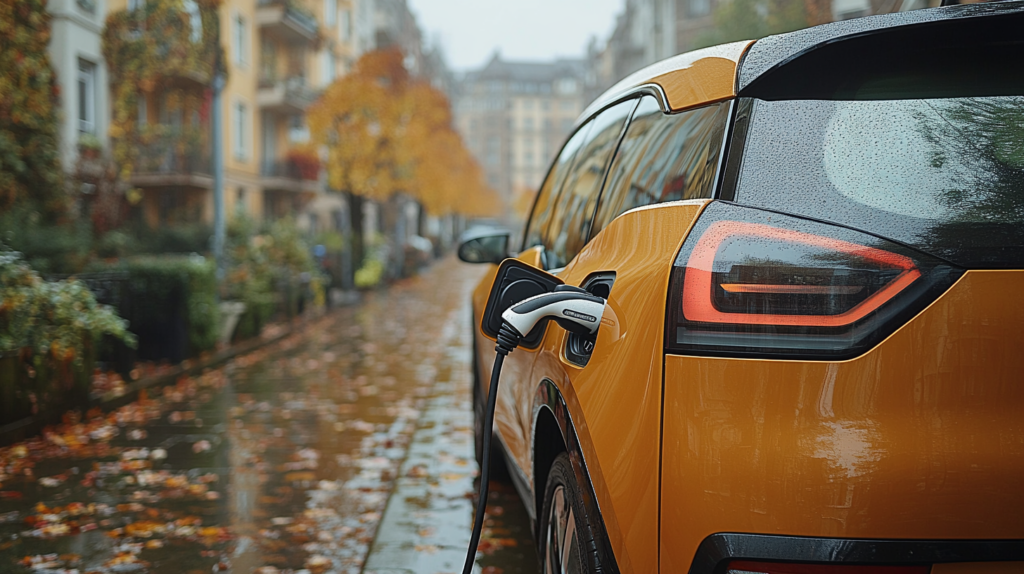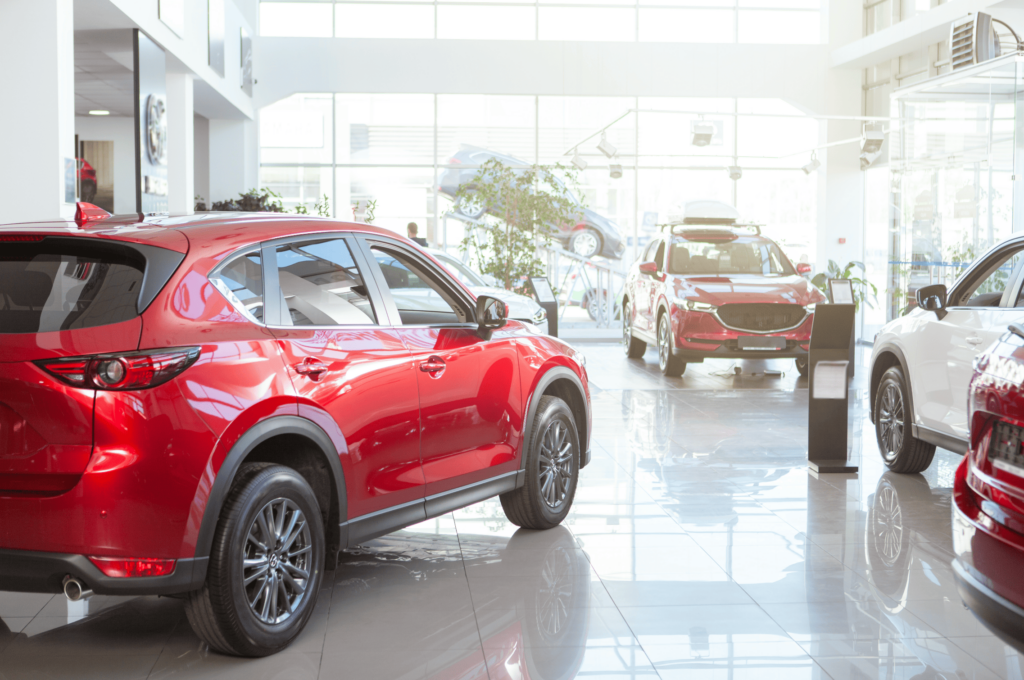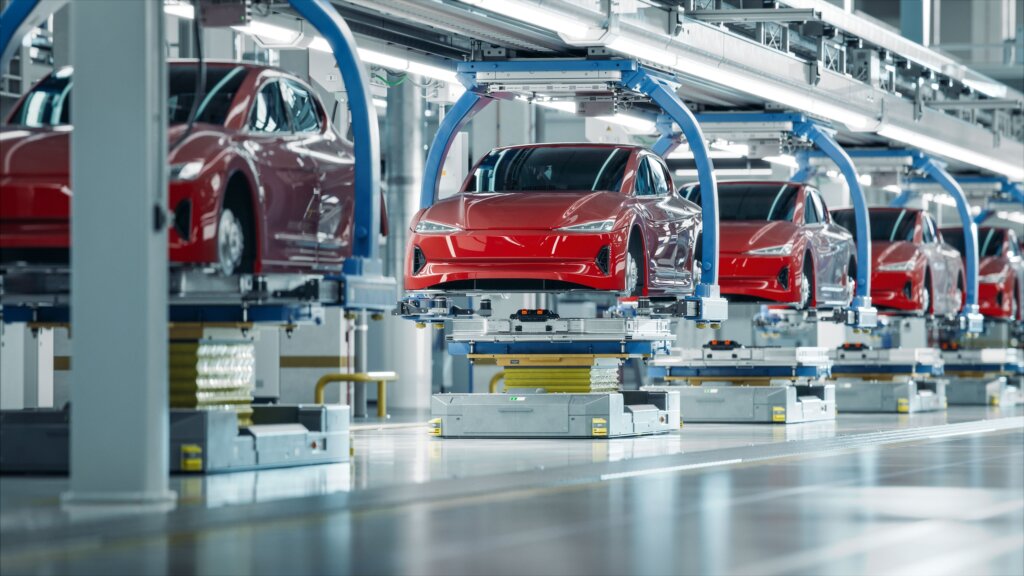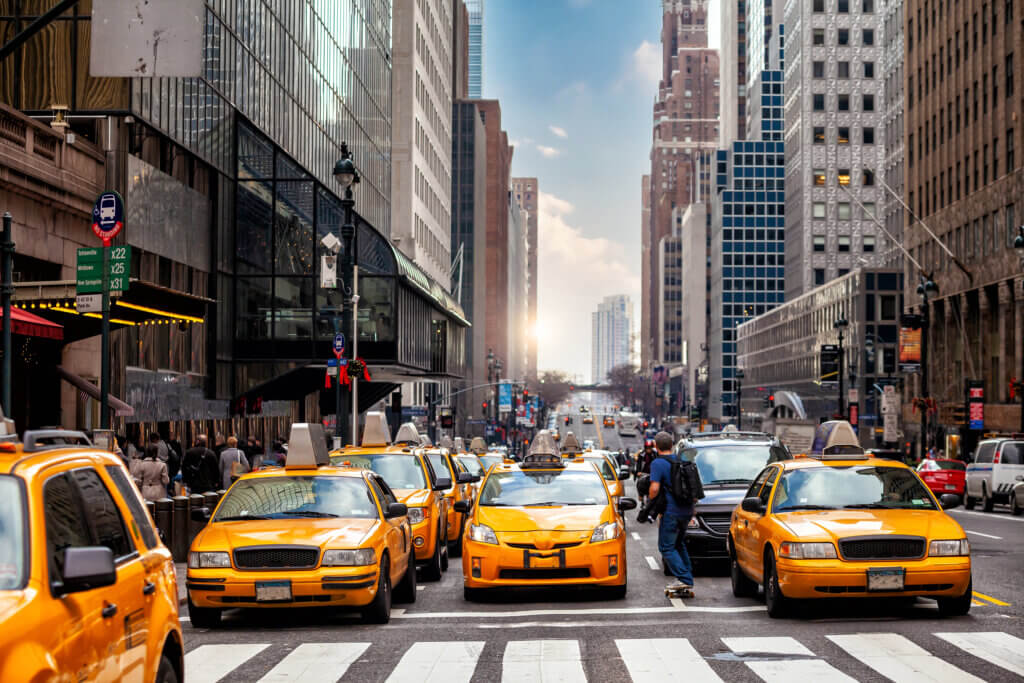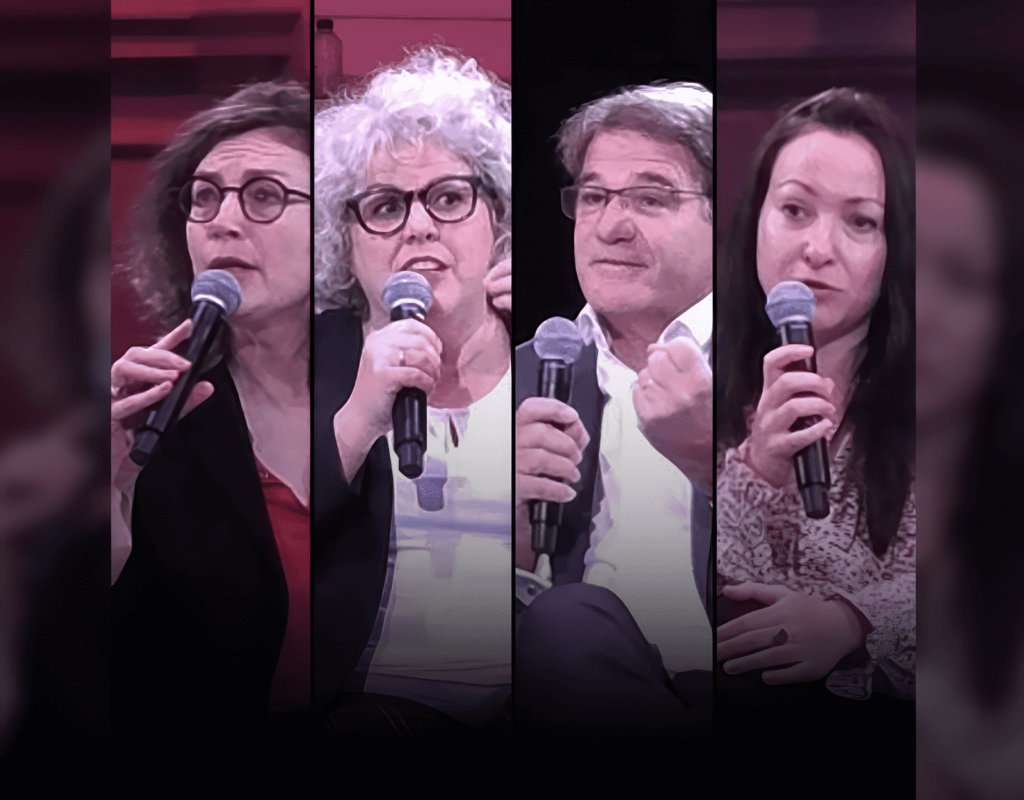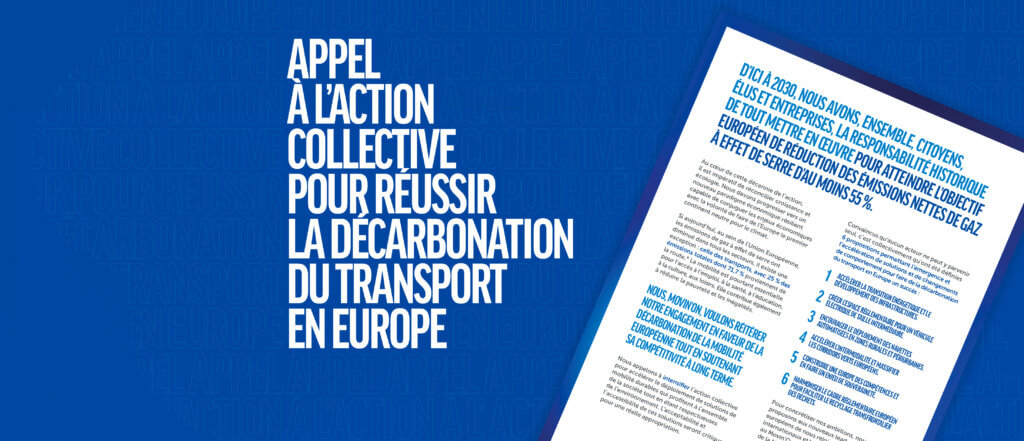India Opens to EV Imports, But Only for Big Investors
The Government of India has approved a new electric vehicle import policy that will open the gate for global brands like Tesla and BYD to enter the Indian market. A March 15, 2024 statement issued by the Ministry of Commerce and Industry predicts that the policy will help attract investments in the e-vehicle space from well-respected global EV manufacturers.

India, the third-largest passenger vehicle market behind China and the United States, is lowering its punishing 100 percent tariffs on cars made overseas to permit certain imported electric vehicles to be sold in India, the Ministry of Commerce and Industry said.
That means the standard range Tesla Model 3, which starts at $38,990 in the United States would cost over $77,000 in India under regulations in place before March 15.
Under the new policy, the government requires companies that wish to import electric vehicles into India to invest a minimum of Rs 4,150 crore (nearly US$500 million) in the country. These investors will have three years to set up a local manufacturing unit for electric vehicles with at least 25 percent localization.
Under the new policy, companies will be allowed to import 8,000 EVs a year at a lower import duty of 15 percent on cars costing $35,000 and up. Access to this lower duty rate is capped, but it is substantially lower than the 70-100 percent previously levied on imported cars.
The investment commitment made by the importing company will have to be backed by a bank guarantee in lieu of the custom duty forgone. The bank guarantee will be invoked in case of non-achievement of Domestic Value Addition and minimum investment criteria defined under the plan’s guidelines.
Tesla, based in Palo Alto, California, has been trying to enter the Indian EV market since 2021. The American EV maker is taking immediate advantage of India’s new policy, and Tesla’s owner, Elon Musk, is making sure he has vehicles ready and waiting for the Indian market, third largest in the world, after the United States and China.
To that end, Tesla has started producing right-hand drive cars for the Indian market at its factory in Berlin, Germany, reports the Hindustan Times. The company plans to have these cars on Indian roads later this year.
A team of Tesla executives will be travelling to India in the third week of April to scout locations for a proposed US$3 billion electric vehicle factory, the Financial Times reports.
The Tesla group will focus on states with existing automotive hubs, such as Maharashtra, Gujarat and Tamil Nadu which are near ports, enabling the easy export of locally-made EVs.
In August 2023, Tesla India Motors and Energy Private Limited leased office space in the city of Pune in the state of Maharashtra, the state where the Indian automaker Mahindra and Mahindra is already located.
The electric XUV400 is Mahindra’s e-SUV, which the company says combines toughness with the dynamics and eco-friendliness of an electric powertrain.
Tesla plans to build a new small EV, dubbed ‘Model 2’ at its future factory in India. This small Tesla is expected to be priced under US$30,000 and will be exported to markets in Southeast Asia, the Gulf, Africa, and Eastern Europe, the company says.
Tesla’s India unit is expected to have a maximum production capacity of 500,000 units a year. A battery plant could follow at a later stage.
Tesla does have an EV factory in China. The Shanghai Super Factory, known as Giga Shanghai, or Gigafactory 3, in the city of Shanghai. Construction of the plant began in January 2019, initial production started in October, and the first production vehicles rolled out of the factory in December 2019, less than one year after groundbreaking.
The main plant now manufactures the Tesla Model 3 and Model Y. As of July 2023, Tesla says the factory has the capacity to build over 750,000 vehicles a year and serves as the primary production site for Tesla vehicles exported to regions without a Gigafactory, such as India.
Unique among foreign automakers in China, the plant is wholly owned by Tesla and not operated as a joint venture with a Chinese company, the first time the government had allowed such an arrangement.
U.S., Chinese EV Makers Vie for Top Sales
In the fourth quarter of 2023, China’s largest electric vehicle maker, BYD, which is short for Build Your Dreams, briefly surpassed Tesla as the world’s most successful EV seller. However, BYD reported in a filing to the Shenzhen Stock Exchange on April 1, that the company’s sales fell 43 percent in the first quarter of 2024 compared to that smoking hot 2023 fourth quarter.
Still, BYD’s first-quarter sales were up 13.4 percent from a year ago, and the Chinese company, headquartered in Shenzhen, Guangdong province, is looking toward expanding its existing presence in the Indian EV market.
BYD India was established in March 2007 in Chennai, India, with an office in New Delhi. The Indian subsidiary has two factories, covering more than 140,000 sq meters, with an investment exceeding $200 million. Its business covers electric passenger cars, battery energy storage, electric buses, electric trucks, electric forklifts, and electronics.
BYD India electric passenger vehicles include three models: the BYD Seal, BYD ATTO 3, and the new e6, all of which have been very well received by Indian consumers. BYD India passenger vehicles division operates 24 showrooms across 21 Indian cities.
By engaging with the international market, BYD quickly expanded its global footprint in 2023, the company said in a statement. BYD sales executives saw a surge in overseas electric passenger car sales that exceeded 240,000 units – a 337% year-on-year growth – making it China’s leading exporter of so-called “new energy vehicles” in 2023.
To date, BYD has introduced its electric vehicles in 64 countries and regions, accompanied by investments in manufacturing facilities in Thailand, Brazil, Uzbekistan, and Hungary. This year, BYD also becomes the official partner of the UEFA’s European Football Championship 2024, giving its electric vehicles a place on the global stage.
The main plant currently manufactures the Model 3 and Model Y. As of July 2023, Tesla said the factory has the capacity to build over 750,000 vehicles per year and is the primary production site for Tesla vehicles exported to regions without a Gigafactory.[5]
Unique among foreign automakers in China, the plant is wholly owned by Tesla and not operated as a joint venture with a Chinese company, the first time the government had allowed such an arrangement.
India’s automotive market is emerging as a focus of growth for multinational automakers.
In 2023, Indian manufacturer Tata Motors sold the most electric passenger vehicles in India with nearly 66.7 thousand units. Tata had three electric vehicle models on the market: the Tiago Nexon EV, and the Tigor EV.
Following Tata, the second most popular electric passenger vehicle was from MG, with around 12.6 thousand units sold.
In this country of 1.44 billion residents, the size of India’s entire electric vehicle market is estimated at US$1.44 billion in 2024. India’s EV market is expected to reach US$110.74 billion by 2029, growing at a compound annual growth rate of 26.05 percent during the forecast period 2024-2029, according to Mordor Intelligence.
India’s Ministry of Commerce and Industry says the country’s new EV policy will provide Indian consumers with access to the latest technology and boost the Make in India initiative.
The policy is intended to strengthen the EV ecosystem by promoting healthy competition among EV players, which the ministry says will lead to many positive results, including: “a high volume of production, economies of scale, lower production costs, a reduction in imports of crude oil, a lower trade deficit for India, a reduction in air pollution, particularly in cities. And the ministry promises it will have “a positive impact on health and environment.”

Toute l’actualité de Movin’On
dans votre boîte mail
Auteur
Partager
Tweets de @movinonconnect
Movin'On 2035 TODAY EP02 - Circular Economy & Competitivity
Movin’On 2035 TODAY EP01 – Fair Mobility for All https://x.com/i/broadcasts/1yNxagBrWZbGj
✨ THAT'S A WRAP!
Movin'On Summit 2024 has just concluded in Brussels!
More than 350 leaders and experts in sustainable mobility gathered to exchange ideas, collaborate, and share their vision for desirable and decarbonised mobility in Europe. Together, we explored ways to build…
🔴 Live from #MovinOnSummit2024
@AshaSumputh has just invited Denis Machuel, CEO at @AdeccoGroup and Florent Menegaux, President of the @Michelin Group & President of Movin'On
L’actualité de la mobilité durable
Découvrez les dernières tendances, des analyses thématiques et nos prochains rendez-vous

